Safe LPG Appliance Use
Having your LPG appliances (cooktops, gas heaters, hot water systems) inspected and cleaned periodically by an authorised service technician will benefit performance, help ensure safe operation, minimise any potential down time and extend their life. Here are some important considerations.
1. Qualified Personnel
It is important that your LPG appliances are only serviced by qualified technicians.
In most cases, this means a licensed gas fitter or a factory technician.
Never attempt to fix a gas appliance yourself or allow an unqualified person to attempt to fix it for you.
2. Service Frequency
Manufacturers typically recommend that LPG appliance servicing performed every one or two years.
3. Read Your Owner’s Manual
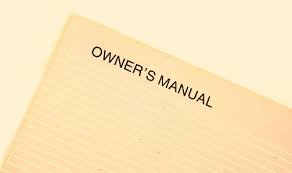 It’s important that you understand the correct and safe operation of your gas appliances.
It’s important that you understand the correct and safe operation of your gas appliances.
Improper use can result in safety hazards.
If you don’t have the owner’s manual, most gas appliance manufacturers have them available on their web site.
If not, contact your manufacturer directly to request a copy.
4. Warning Signs
Key warning signs that you need gas heater repair or your gas appliance requires servicing are a yellow or red flame, a flame with a yellow burning tip, the accumulation of yellow/brown soot around the appliance, pilot lights that frequently blow out or an acrid smell and eye irritation.
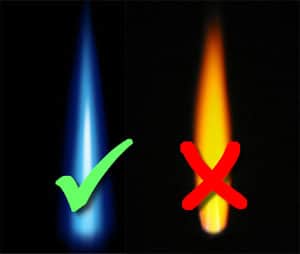 The exceptions to this are gas fireplaces and gas log fires that are designed to have yellow flames.
The exceptions to this are gas fireplaces and gas log fires that are designed to have yellow flames.
A yellow flame may be an indication of incomplete combustion.
The result is that you could be wasting gas and/or generating carbon monoxide.
The latter is a serious safety problem if it occurs with an indoor appliance.
If you observe any of these warning signs, you should schedule a service ASAP.
5. Burner Operation
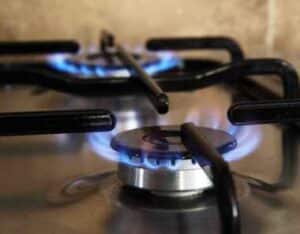
The burner should be cleaned and checked for proper operation during gas heater maintenance and hot water service.
Burners blocked with dirt can result in improper combustion, leading to soot build up inside the appliance.
6. Cleaning Air & Water Filters
Gas heating system service and hot water service & cleaning includes inspection of air and water filters and fans that can become blocked by lint and dust.
The result can be overheating and burner combustion problems.
Depending on the make and model of gas heater or hot water, you may be able to perform gas heater or hot water cleaning yourself.
Consult your owner’s manual for instructions and only use replacement spare parts authorised by the manufacturer.
If you are uncertain of the problem and your appliance is under warranty, contact your manufacturer or appliance retailer.
7. Hoses & Connections
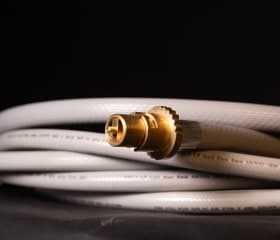 Regular safety checks should include inspection and leak testing of all hoses and connections.
Regular safety checks should include inspection and leak testing of all hoses and connections.
Hoses on portable heaters should be carefully and frequently inspected, as they can become damaged or deteriorate with age.
The bayonet connectors should also be examined for damage.
Have your gas fitter replace any faulty hoses or connectors before use.
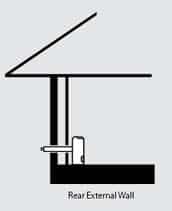 8. Flues
8. Flues
Flue pipes are part of gas heater repair and should be checked for damage, corrosion and blockages.
Holes, punctures or loose fitting joints require immediate attention. If a flue needs servicing, call your licensed gas fitter to have it cleaned or repaired.
9. Regulators
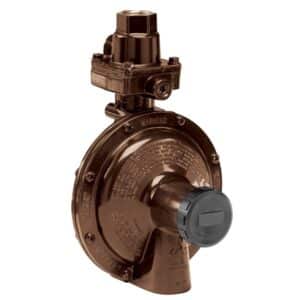 Gas regulators have a limited life span.
Gas regulators have a limited life span.
They need to be inspected for proper operation and replaced when necessary.
Your gas fitter will tell you if and when this is required.
10. Gas Pressure
Part of the regular service should include the checking for correct gas pressure and adjusting, as required.
Incorrect gas pressure can affect the amount of oxygen drawn into the burner with the gas.
If this happens, it can cause improper combustion and dangerous emissions.
Excessive pressure could also create a safety hazard.
Your Elgas technician can perform and inspection to give you complete peace of mind.
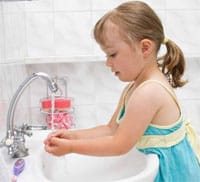 11. Fluctuating Water Temperature
11. Fluctuating Water Temperature
If you have a tankless continuous flow hot water heater and the temperature keeps fluctuating, you should call for a hot water service.
It’s normal for a gas hot water storage tank to experience a gradual temperature change, as you use up the available hot water.
12. Storage Tank Hot Water Heaters
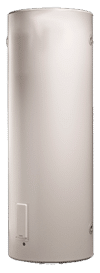 These units have a Pressure Relief Valve.
These units have a Pressure Relief Valve.
This valve relieves excessive temperature or pressure build up that may occur inside the tank.
It’s normal for the valve to release a little water.
Continuous leakage of water from the valve and its drain may indicate a problem.
If you notice this valve frequently venting or continuously leaking, you should contact your plumber/gas fitter to check the entire water heater.
13. Leaks
If you smell gas take the following gas safety precautions:
1) Turn off the gas at the source. At the meter for natural gas or at the cylinders for LPG gas.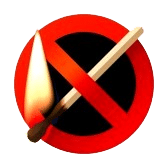 2) Avoid contact with any visible gas cylinder leak, as the gas stream can cause cold burns.
2) Avoid contact with any visible gas cylinder leak, as the gas stream can cause cold burns.
3) Extinguish all flames and do not smoke or strike matches.
4) Do not operate electrical switches or devices, including mobile telephones.
5) If the leak is inside your home, open doors and windows to ventilate the area.
6) Keep people away from the affected area until the gas dissipates.
7) Call your gas supplier or gas fitter, from a safe area, for repairs.
14. Carbon Monoxide
Properly functioning gas appliances are quite safe.
However, malfunctioning units may generate carbon monoxide.
That’s why gas appliance and gas heater repair are important.
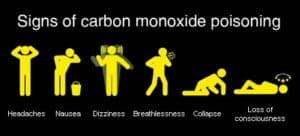
If you experience any signs of carbon monoxide poisoning while operating your indoor gas appliance, you should stop using it until it is serviced by your gas fitter.
New Residential LPG customer?
New Business LPG customer?
Existing ELGAS customer?
- Elgas to the Rescue with Helicopter LPG Delivery - November 14, 2024
- Gas Patio Heater Guide: Outdoor Gas Heaters – Outdoor Mushroom Heater - September 22, 2024
- LPG Meaning – LPG Means: What Does LPG Stand For - August 31, 2024
Steve Reynolds
Technical Consultant
Steve Reynolds is a leading expert in the LPG industry with over 22 years of experience. As part of the national management team at ELGAS, Steve ensures the safe and efficient storage, handling, and transportation of LPG. He serves as the lead investigator for incidents and collaborates with authorities on industry developments.
Steve is a technical advisor to Standards Australia and Gas Energy Australia (GEA), and an active member of the World LPG Association (WLPGA), contributing to global standards and technical reviews. He holds a BSc. (Hons) in Industrial Chemistry from UNSW and has held senior safety and technical roles at ELGAS, making him a trusted authority in LPG safety and standards.